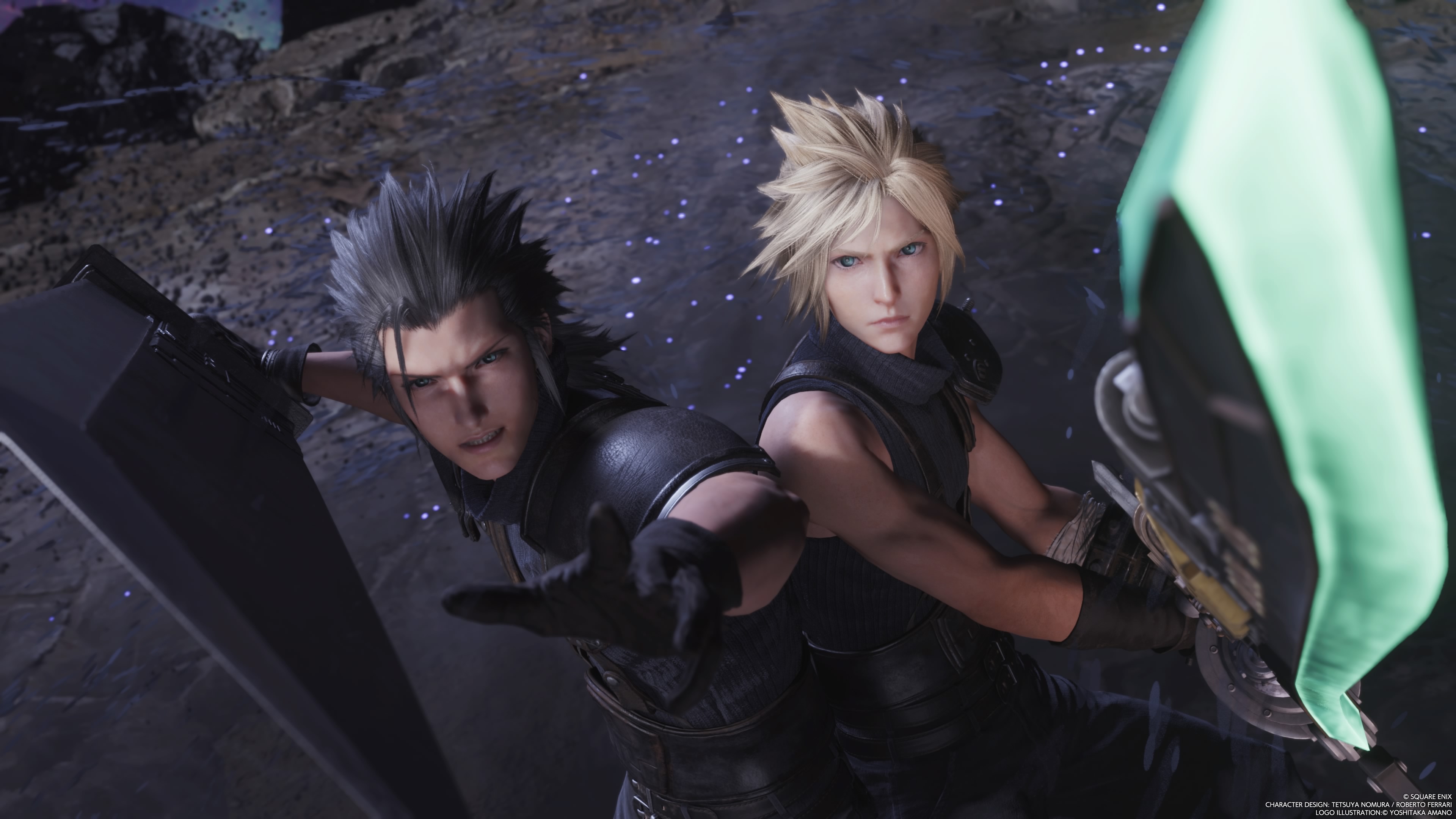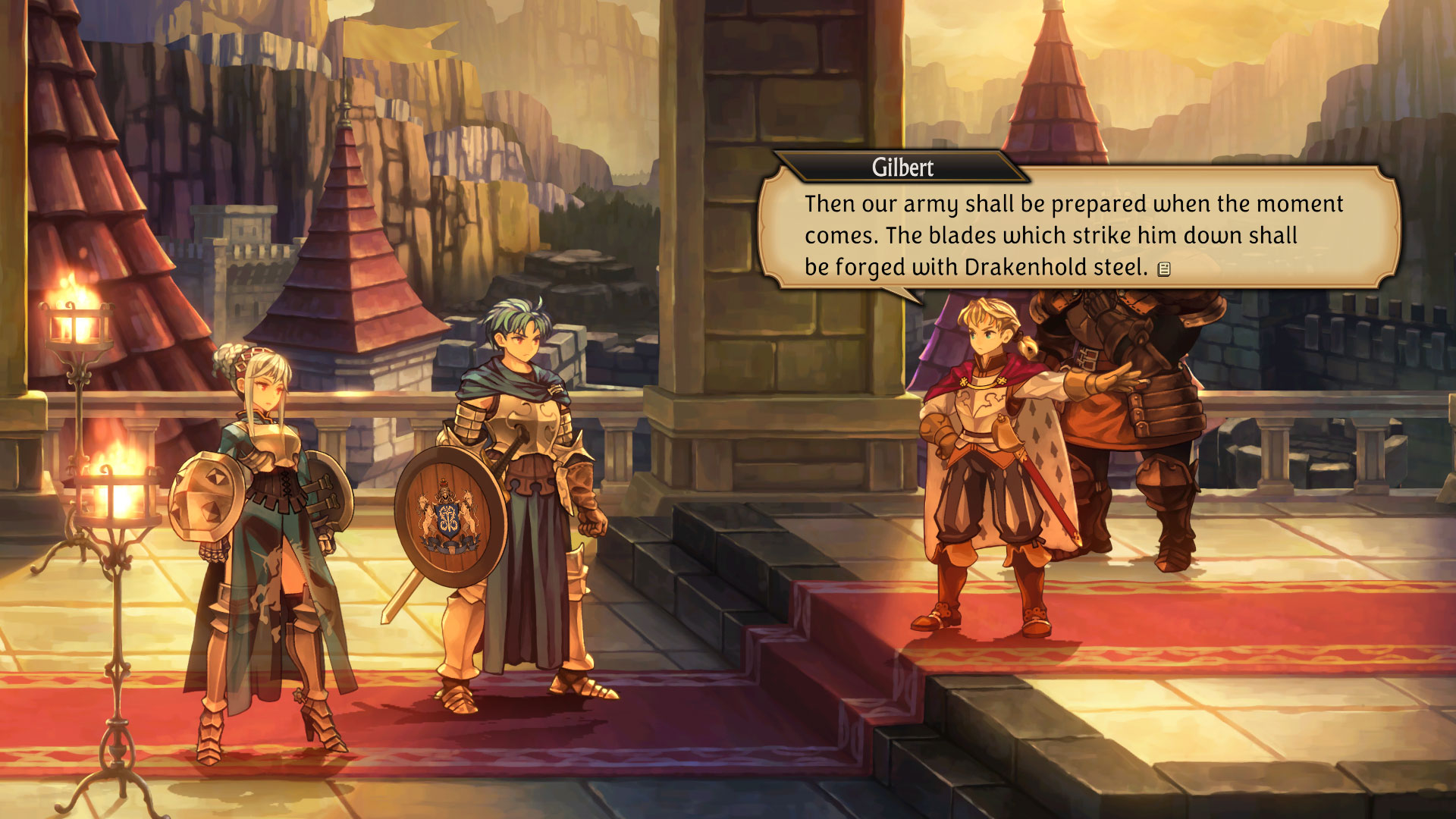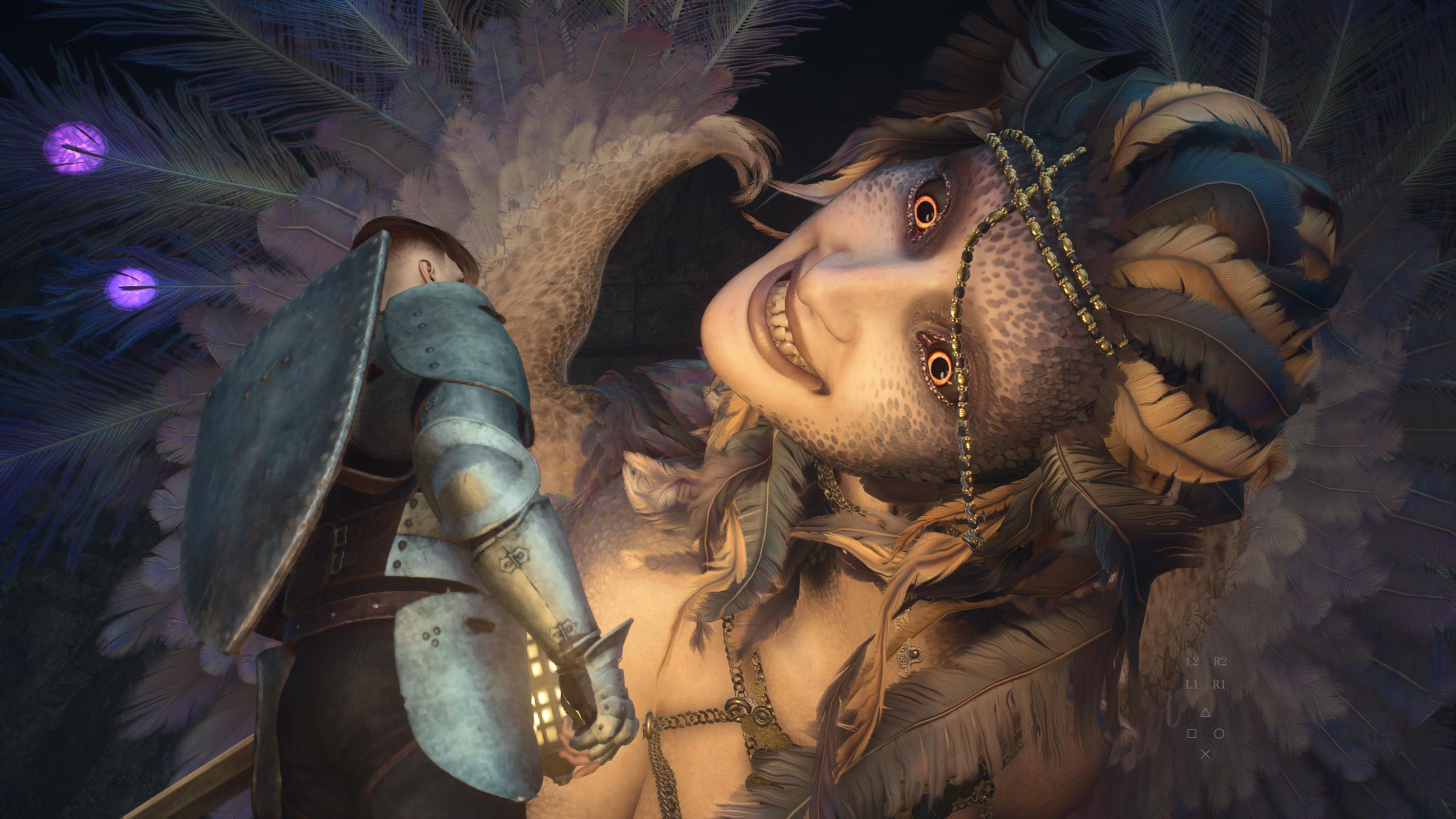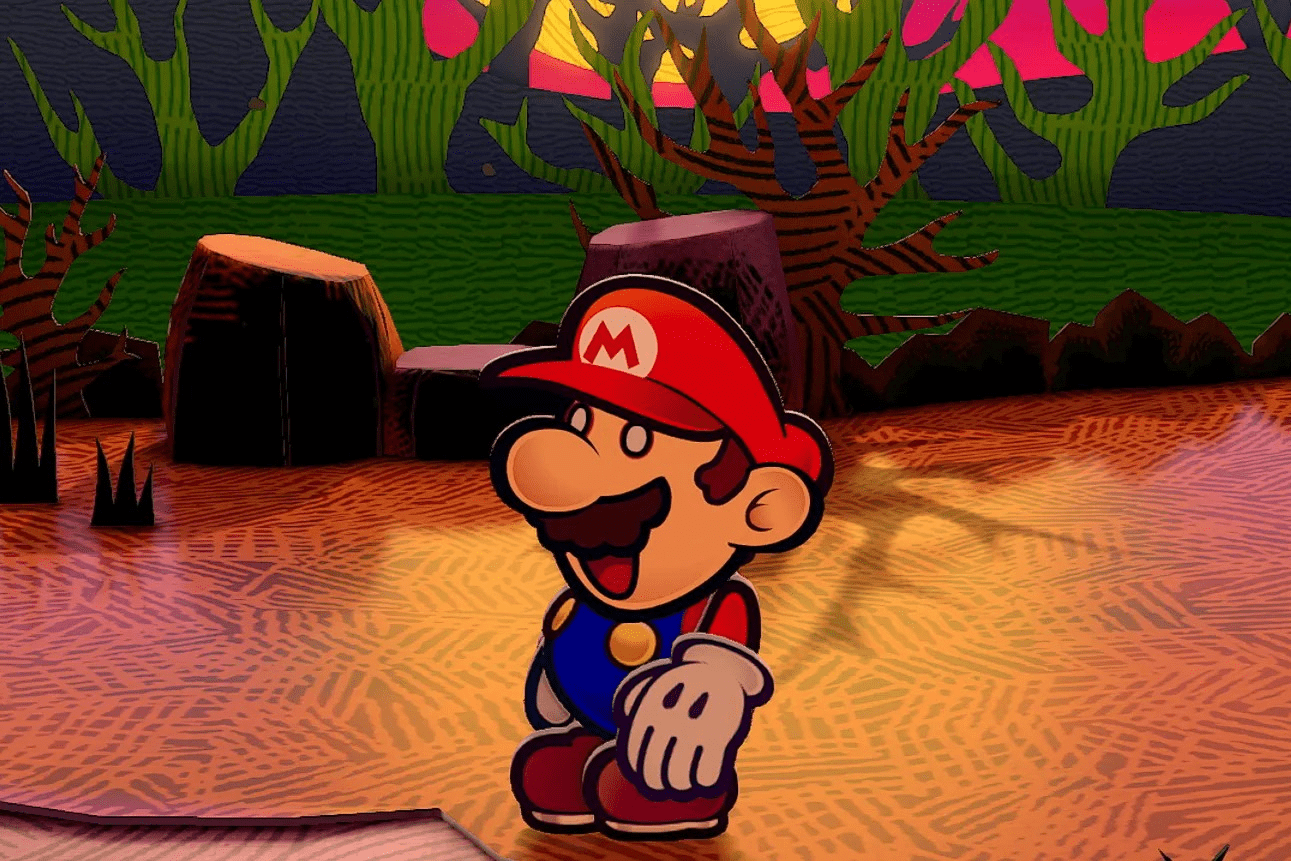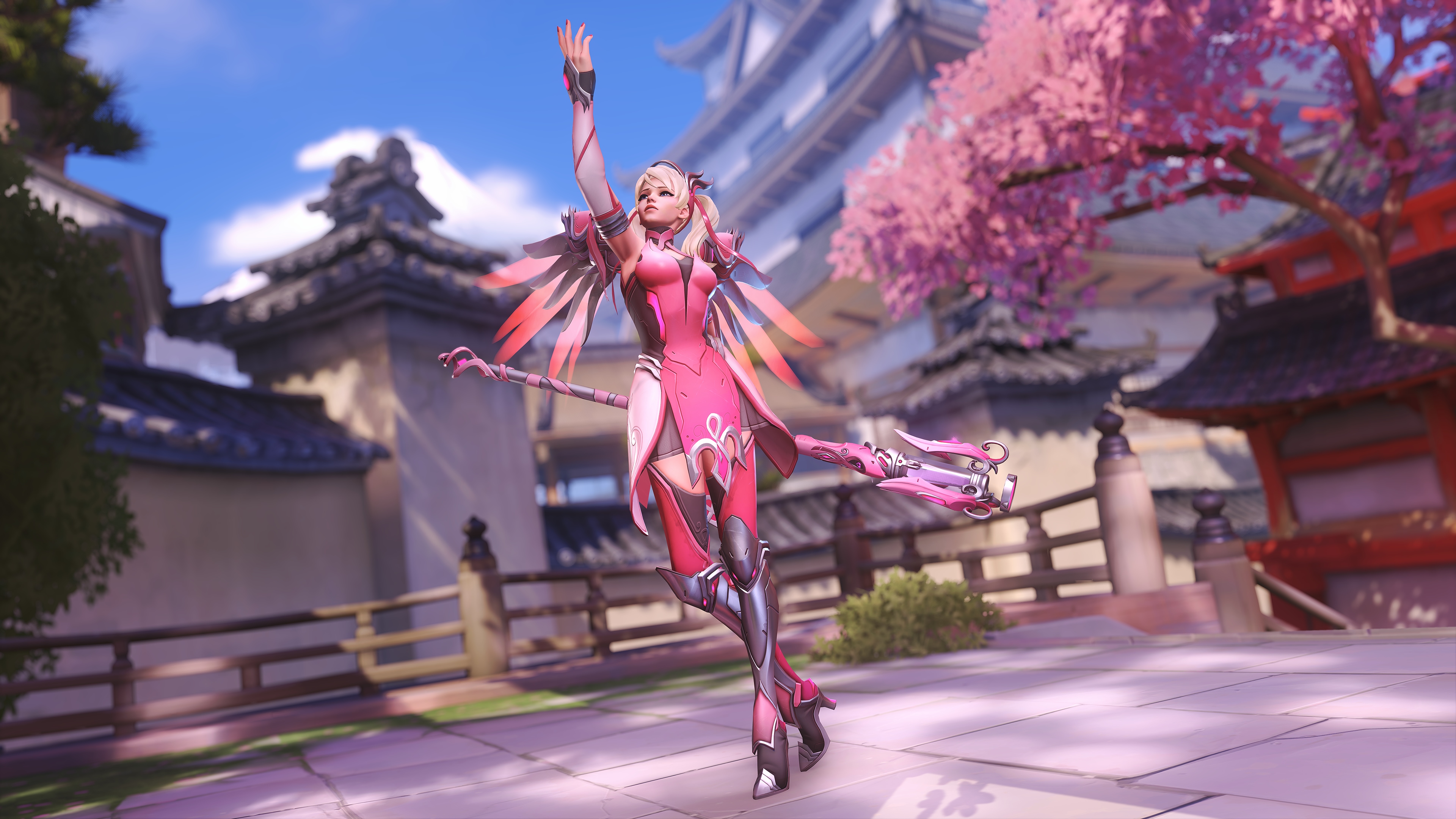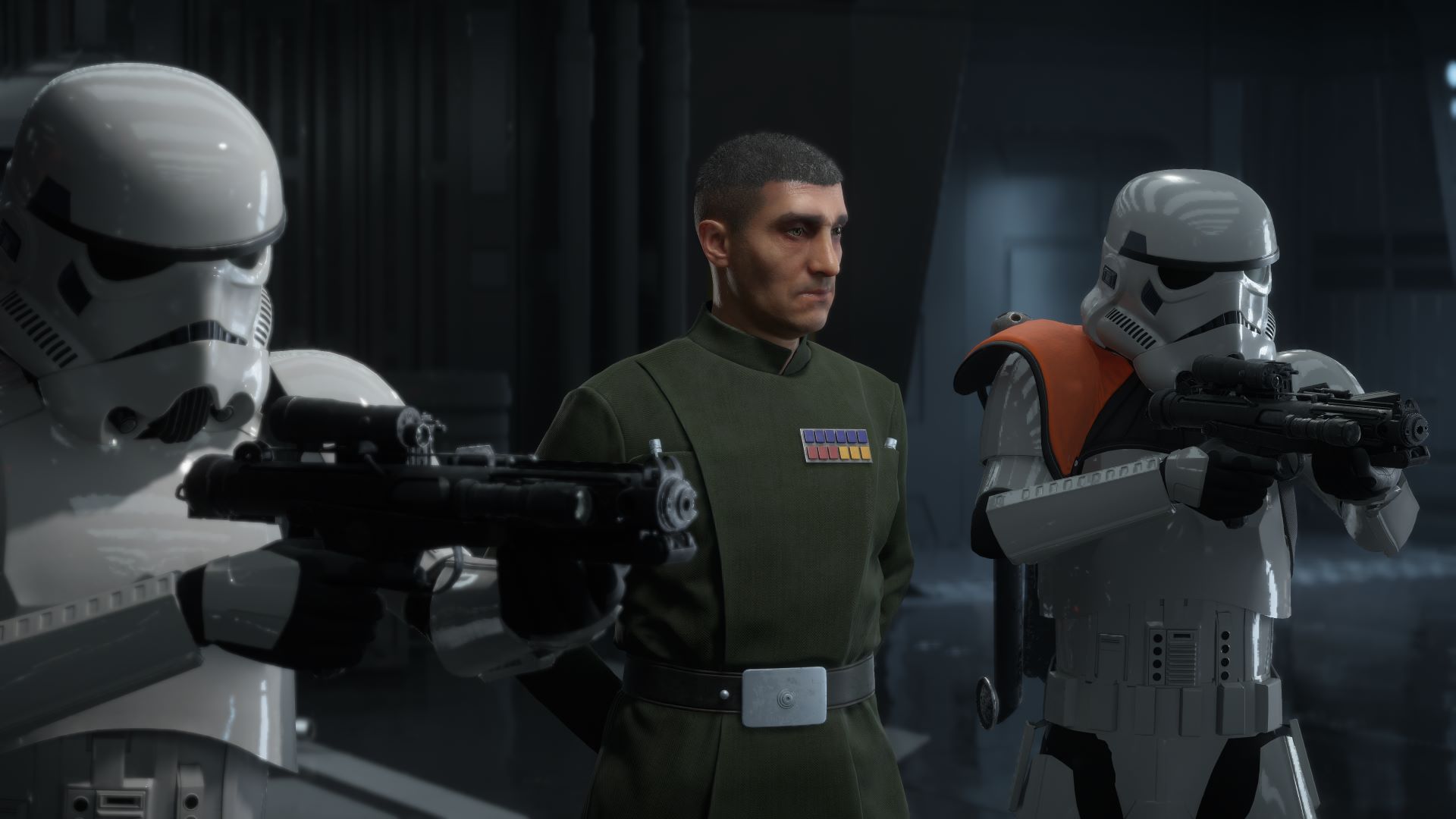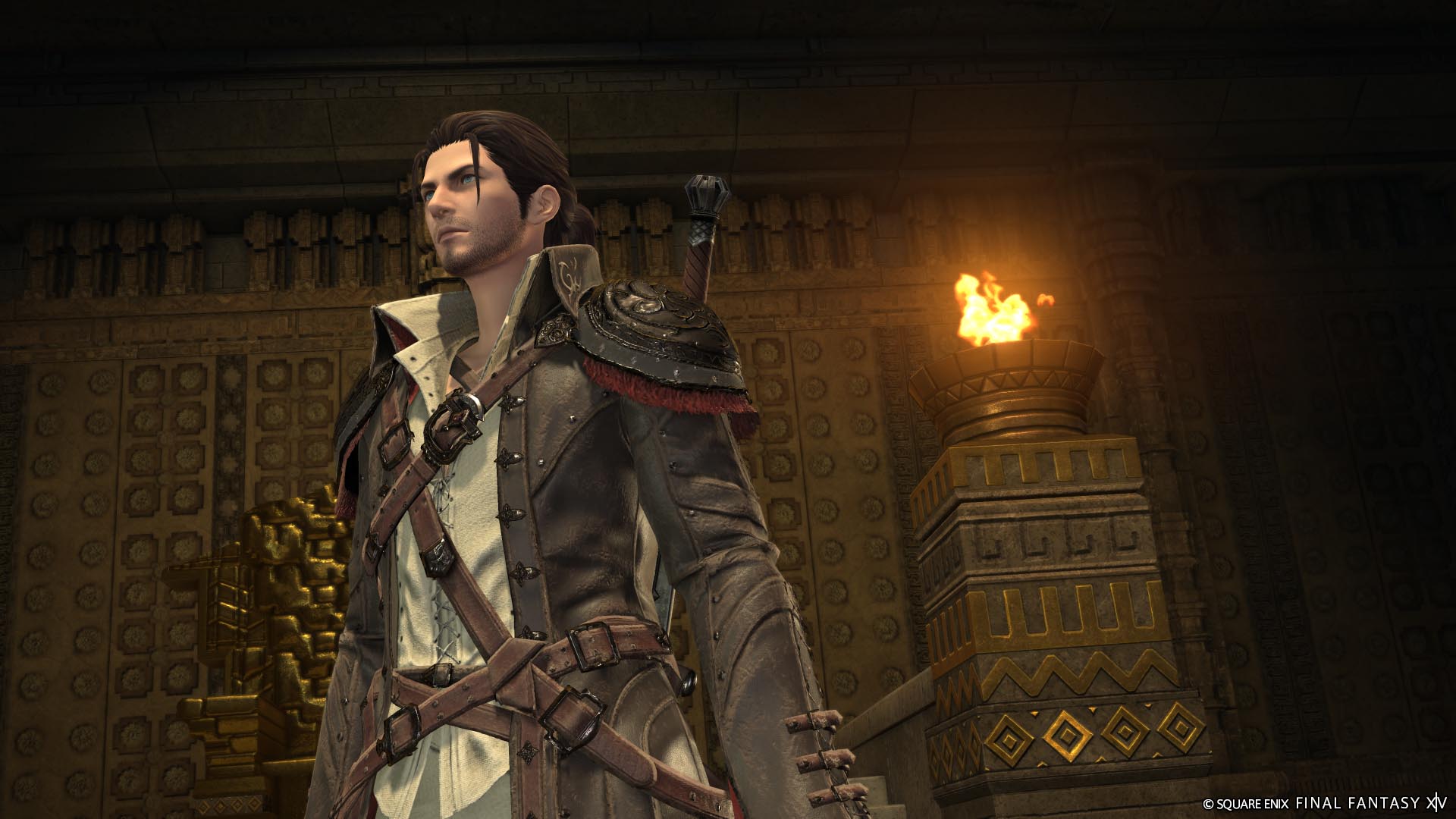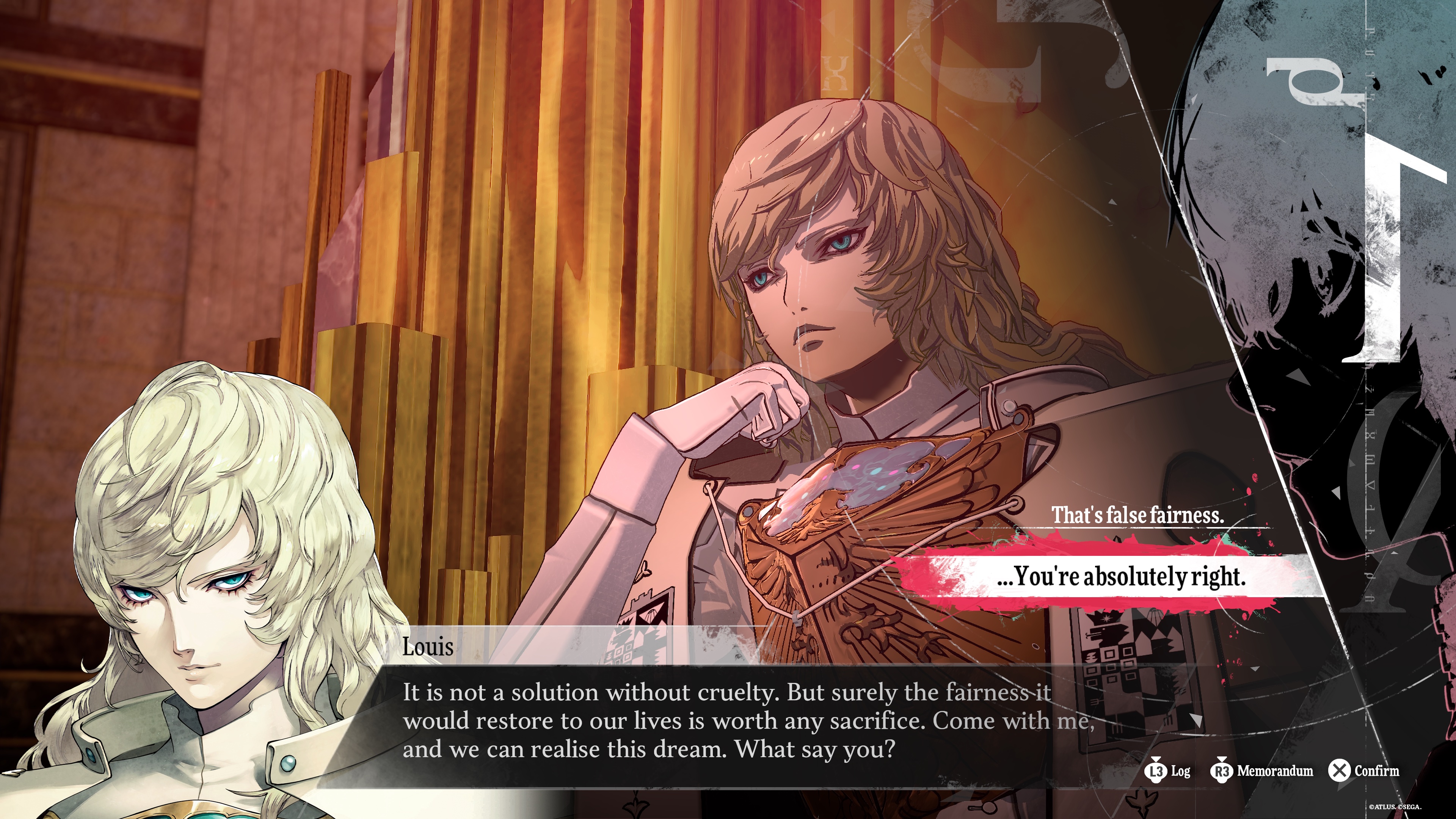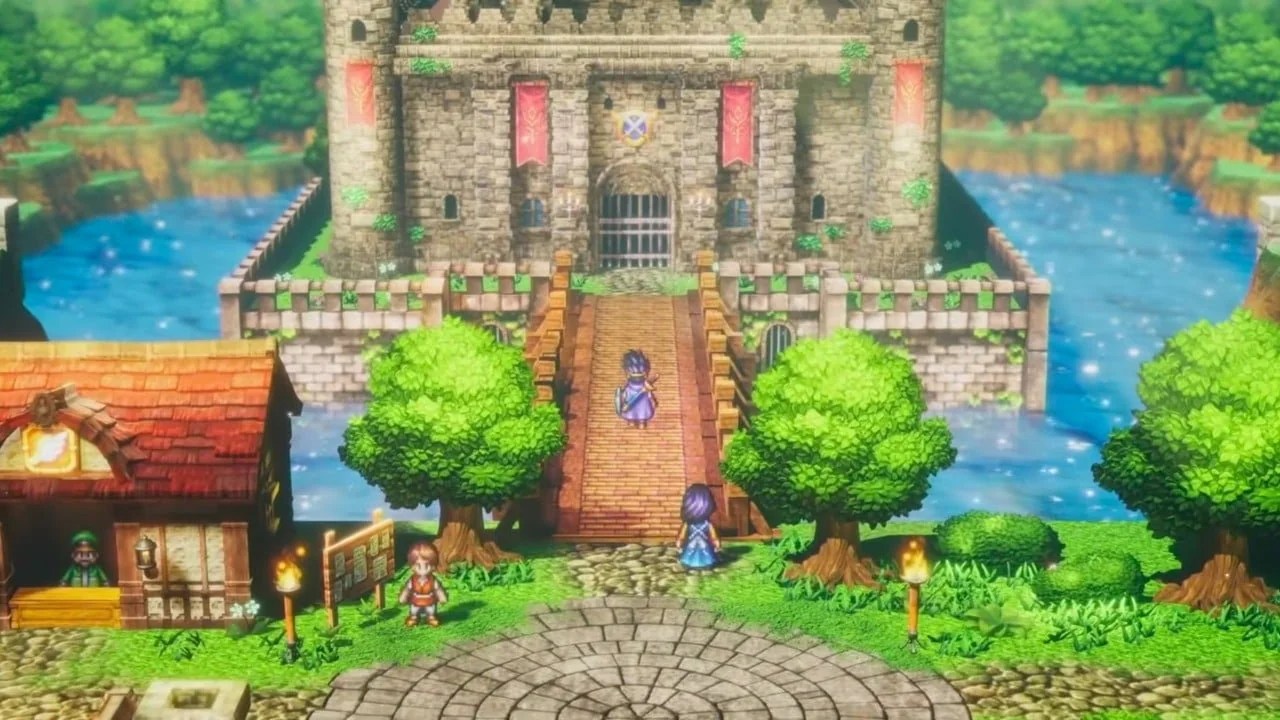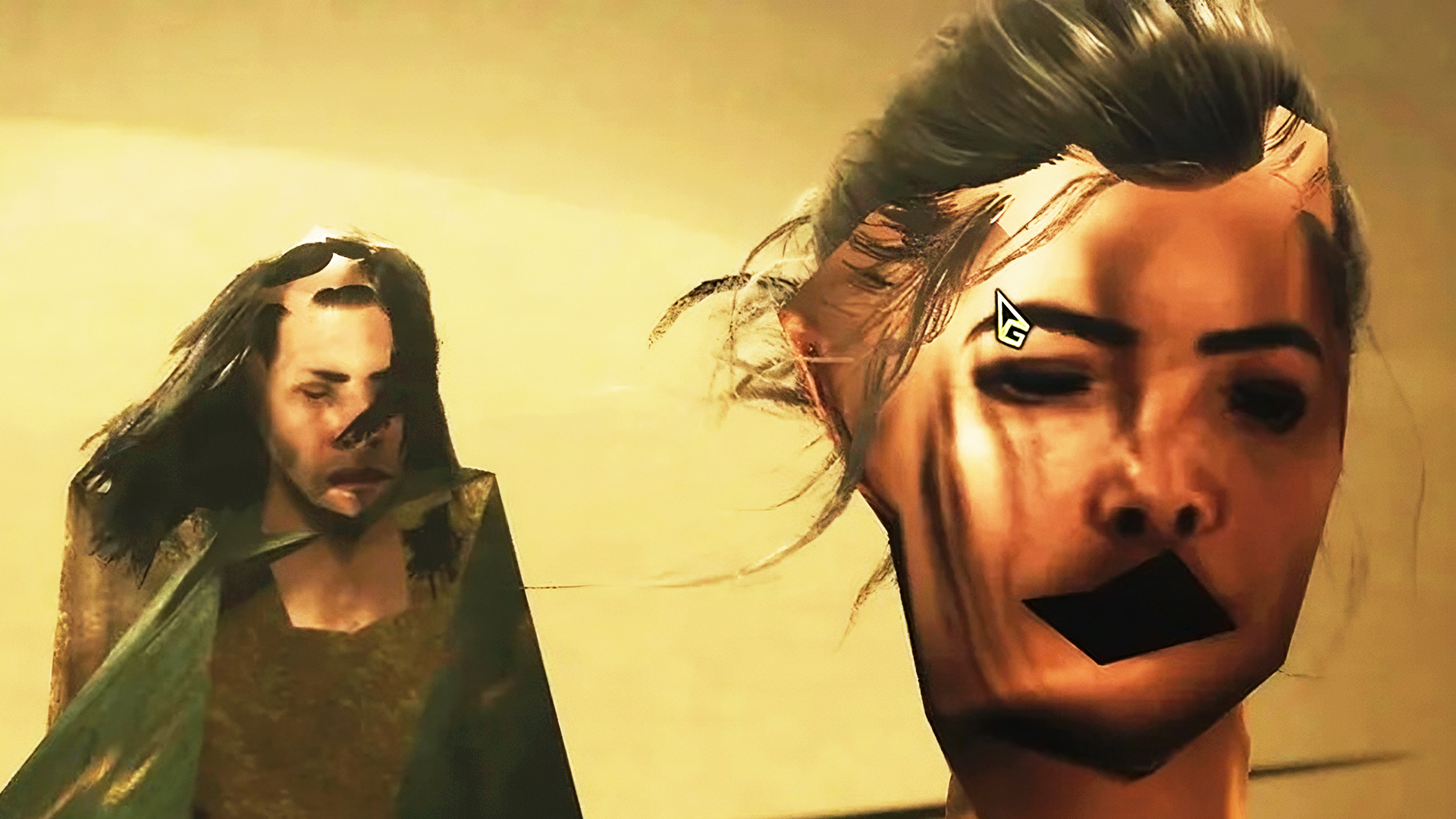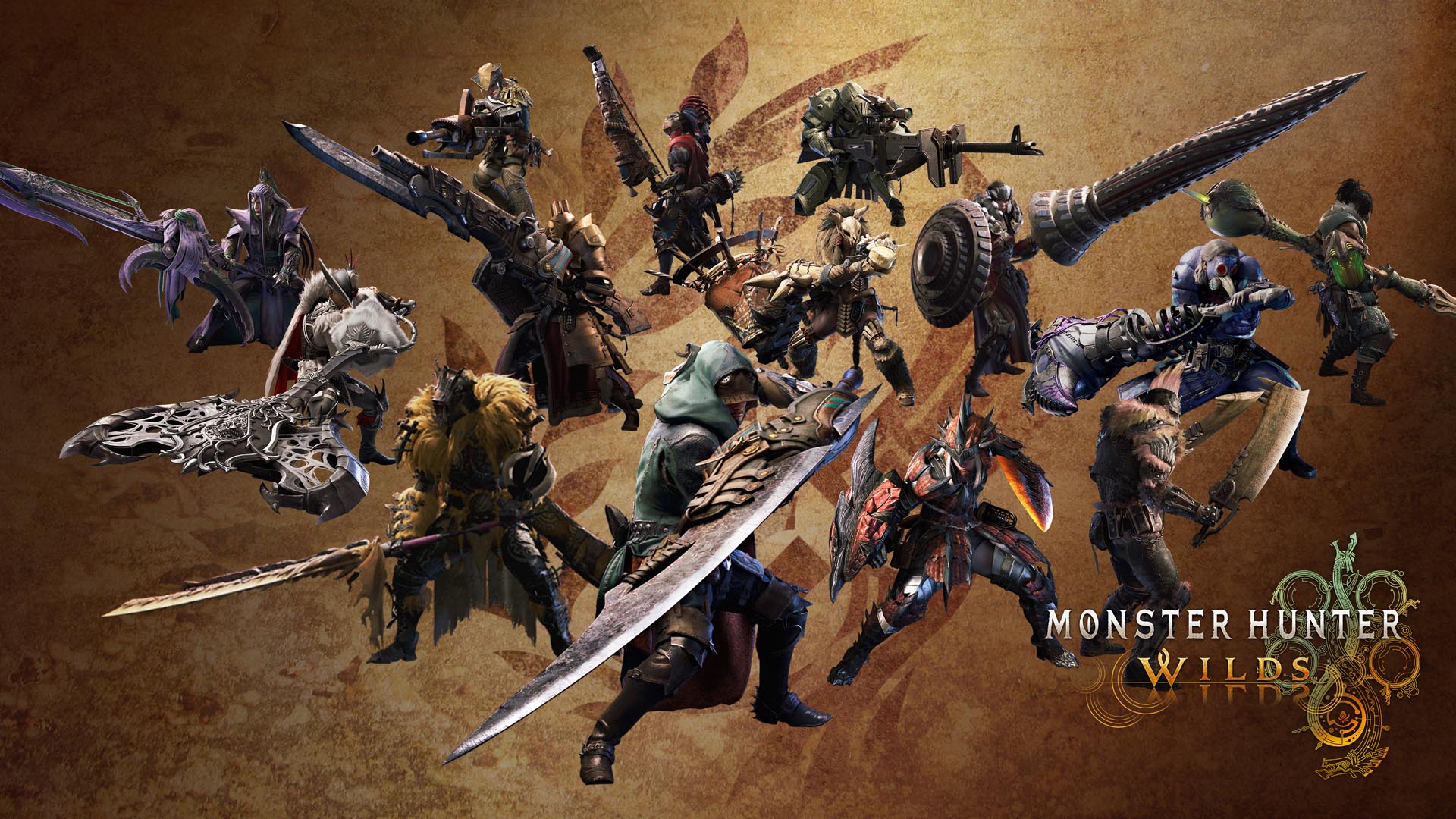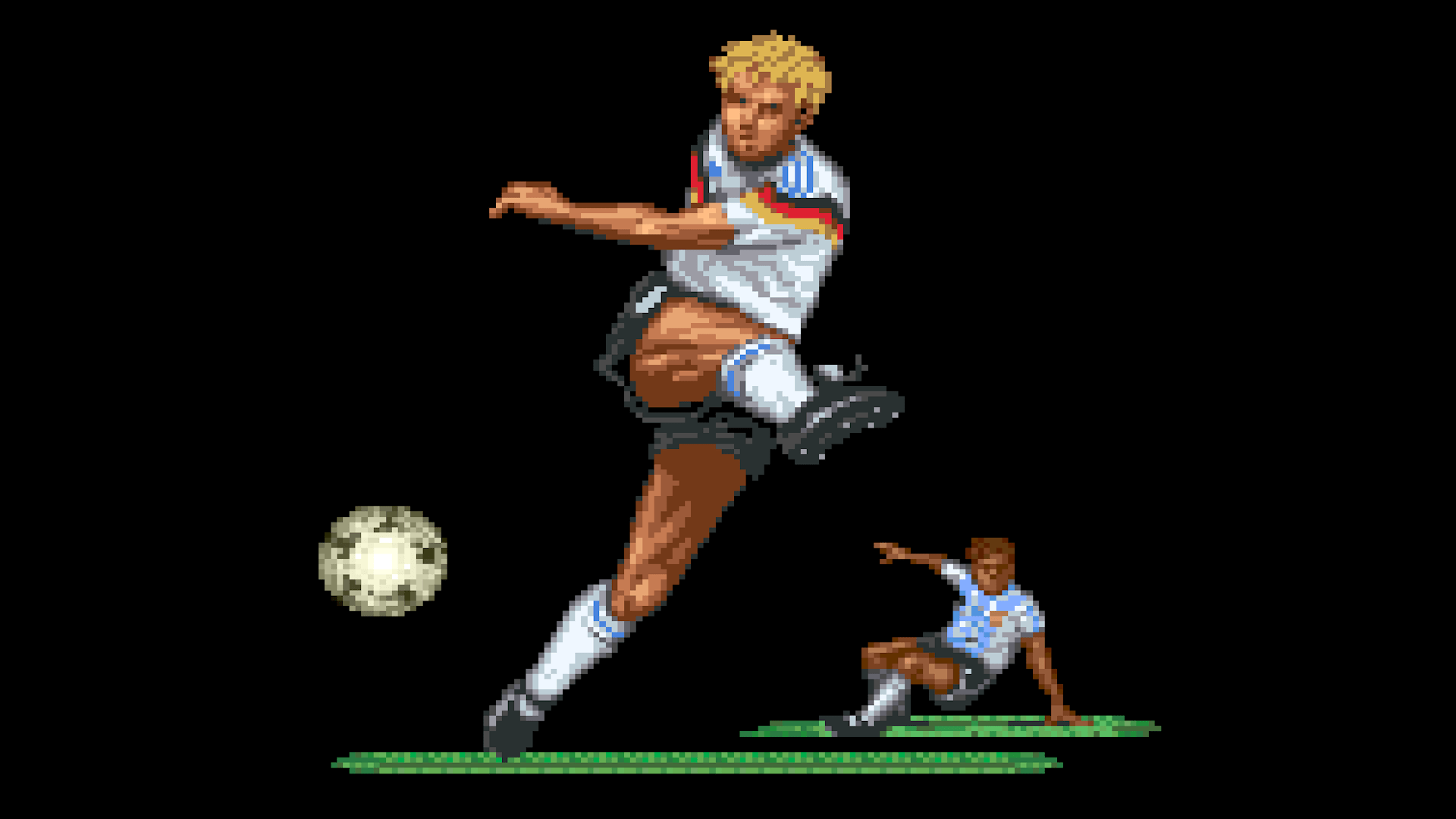I began 2024 as a casual RPG dabbler. I enter December as a hollow-eyed obsessive, forgoing sleep to grind a few more dungeons in a remake of a NES game from 1988. How did this happen?
The obvious answer would be that the sheer abundance of exceptional RPGs released in a short period was bound to convert some nonbelievers into frothing-at-the-mouth zealots. That I was a sandcastle standing before a tsunami. I’m tempted to agree. But what developers who specialize in the genre accomplished this year, collectively, is more interesting and complicated than scale.
My metamorphosis began in January with Like a Dragon: Infinite Wealth.
The latest entry in the Like a Dragon née Yakuza series is built upon my (formerly) least favorite genre of video game: the turn-based RPG. Why would I take turns managing a menu, I had once thought, when I could be walloping a dude with a street sign? I’m not alone. Many beloved turn-based RPG developers have switched to real-time action, hoping to appeal to impatient skeptics like myself.
But Infinite Wealth doesn’t align with my assumptions about turn-based RPGs. The combat is kinetic, giving me the freedom to move about during fights, positioning my brawlers to achieve the most action-movie-like sequence possible. Plus, I can give each team member a different job (Assassin! Gunslinger! Surfer!) and unleash a cornucopia of comic violence. Add a handful of beautiful open-world settings, an absurdly deep Animal Crossing parody, and some lovingly written and performed dialogue, and you have me at 85 hours and counting on Steam.
To be clear: Infinite Wealth’s creators’ adoration for the turn-based RPGs of the past is abundant. The adventure is stuffed with references to everything from Dragon Quest to Pokémon. However, the game isn’t rigidly reverential. The developers splice modern ideas into the genre at a DNA level, creating something appealing to longtime RPG obsessives, but also folks like me who have neither the experience nor the patience to endure the genre’s oldest quirks.
Infinite Wealth helped me to reconsider turn-based RPGs, and in turn, to open my heart to other aspects of the genre that had intimidated me.
This is where the density of great RPGs does matter. It’s not the whole puzzle, but it’s a huge piece. In the first quarter, we got a stunningly illustrated tactics RPG in Unicorn Overlord, a reimagining of an icon in Final Fantasy 7 Rebirth, and a revival of a cult classic in Dragon’s Dogma 2.
Want an easy, digestible open-world experience that calls to mind the Ubisoft style of roleplaying? Try Rise of the Ronin. Want an indie that’s unlike anything else you’ve played in years? Felvidek! Missed some classics from the past? Grandia HD hit consoles and Lunar Silver Star Story appeared on Google Play. All before April!
Some of these games are better than others, and only a handful kept my attention for longer than a few days. Together, though, the stream of releases overwhelmed my free time. I kept trying new things, refining my taste, never having a moment to even notice I’d been playing RPGs almost exclusively for months.
By the end of summer, I’d tinkered with everything from hardcore tactics RPGs to a child-friendly turn-based Mario RPG. My latent RPG fandom had become a powder keg in search of a spark.
Metaphor: ReFantazio is a fantasy RPG from the creators of the Persona and Shin Megami series, RPGs known for being absurdly long, unabashedly challenging, and (my greatest fear of all) turn-based. The studio produces some of the best music, visuals, and stories in games, so I’ve muscled my way through large chunks of their RPGs in the past, never reaching the credits.
That didn’t deter my enthusiasm which, in the months ahead of its release, had reached a rolling boil.
The first thing you’ll notice about Metaphor: ReFantazio is it’s an RPG-ass RPG. It’s the sort of game that inspires its biggest fans to say things like, “It gets good after the first 15 hours.” The turn-based combat lives within complex and dense menus. Entire gaming sessions can be lost grinding dungeons and tinkering with skills and classes. And I hope you like reading dialogue and watching cutscenes.
What I’m saying is this is exactly the sort of game I would have given a few hours to in the past, before mentally filing it award under “Category: something others enjoy” and “Sub-Category: not for me.”
But a funny thing happened on the way to the Fantazio. Each RPG had contributed to teaching me what makes the genre special. Infinite Wealth taught me to see the creative possibilities in turn-based combat. Dragon’s Dogma 2 opened my heart to fantasy. Unicorn Overlord demanded I finally learn how different classes work, rather than impatiently spamming my way through menus. Playing Metaphor: ReFantazio felt like I had been learning a new language and was now finally able to read an entire book written in it for the first time.
Needless to say, I’m hooked. I just wrapped Metaphor, and now, I’ve sunk my teeth into a game my past self never would have considered: Dragon Quest 3 HD-2D Remake. The polished upgrade of the NES classic barely has a story and requires hours of repetitive turn-based combat against enemies that randomly appear. But remember how much I loved giving jobs to my team members in Like a Dragon: Infinite Wealth? Dragon Quest 3 was doing this in the 1980s! And now, in 2024, I can actually appreciate this sort of big moment in video game history.
I am a longtime video game omnivore, happily munching whatever’s slopped onto my plate. For decades, though, my insatiable appetite dissipated when a turn-based RPG slid onto the table. I’m so happy that my tastes have matured. I’m like a grown-up who has finally realized vegetables aren’t yucky. They just need to be prepared right and served with a pinch of spice.

